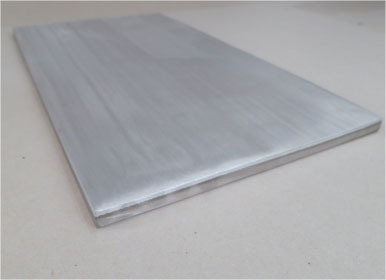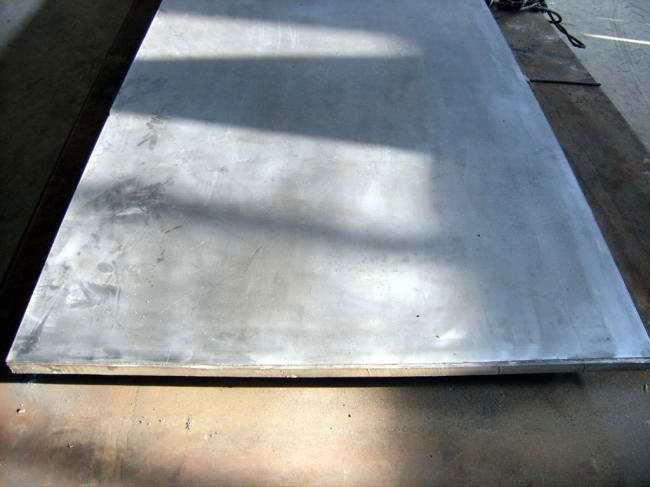

Conventional bolt connection has a large interface resistance, which not only reduces the utilization efficiency of electric energy and causes interface corrosion, but also causes some safety hazards due to resistance heating.
Metal dynamic recombination is a solid state welding method that combines two or more metals by producing controlled detonations.The metal-metal bonding interface obtained is metallurgical bonding, which ensures that the metal-metal dynamic composite has higher bonding strength and lower interfacial resistance.This means that the heterogeneous metal bonding interface of the metal dynamic composite does not bring additional resistance, which has a significant energy saving advantage over the traditional metal welding method.
Electrical bimetallic transition joints
We use the metal dynamic composite method to prepare conductive transition joints. These materials have high bonding strength and excellent conductivity, which will help reduce operation and maintenance costs in metal smelting, electric power, chemical industry and other industries that need to run high current.
In order to meet the special requirements of different customers for product bonding strength, high temperature resistance or other properties, we will also provide conductive transition joints with transition layers (such as titanium, copper, etc.).And the joint can be either blocky or tubular.
|
Electrical bimetallic transition joints |
|
| EJ100 |
Aluminum steel, aluminum - titanium -> steel, aluminum - copper - steel |
| EJ200 | Copper-aluminum |
| Composite beam | |
| EJ-bar-100 | Steel clad copper |
| EJ-bar-101 | Copper clad steel(hollow) |
| EJ-bar-200 | Titanium clad copper |
| EJ-bar-300 | Titanium clad copper clad steel |










